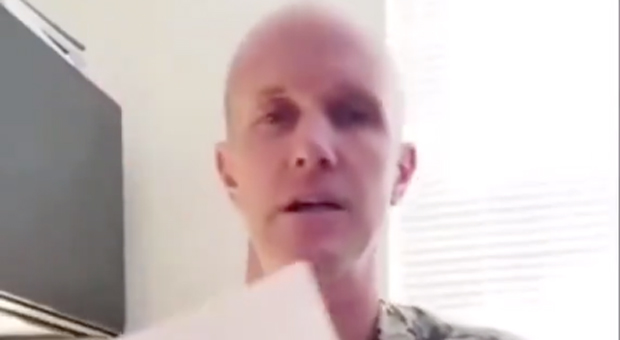An 18-year-old was rushed to the hospital after trying to perform “gender-affirming” surgery at home using a “how to” video on YouTube.
The biological female from New Zealand was attempting to perform a self-mastectomy at home.
The individual named “Patient Z” was waiting for a female-to-male gender affirmation surgery.
However, due to frustration with wait times, the individual decided to take matters into their own hands.
The Blaze reported: According to a recent study published in the New Zealand Medical Journal, an 18-year-old biological female attempted to perform a mastectomy on her left breast.
The self-surgery was done due to “significant psychological stress of having breasts at an upcoming pool party,” according to the journal.
The doctors in the study said the individual “demonstrated premeditation by watching a ‘how to’ video on YouTube, gathering the necessary equipment, marking the incision, and considering pain management and bleeding control.”
However, Patient Z quickly suffered “concerns” about the “self-attempted left mastectomy” and “sought medical attention several hours” through the “self-attempted left mastectomy due to concerns of damaging a nerve.”
The “acute mental health team” determined that the woman was “deemed to have capacity to consent” to gender-affirming surgery.
Doctors allegedly performed a “completion left mastectomy and symmetrizing right mastectomy.”
However, the journal also admitted that Patient Z had a “background of gender dysphoria on testosterone treatment.”
The journal confessed, “Gender dysphoria causes significant distress for transgender people. It is well documented that transgender people experience higher levels of discrimination, bullying, and violence compared to the general public.”
The journal added:
“Additionally, a study reviewed patients prior to gender-affirming surgery and identified a significant proportion of patients with undiagnosed anxiety and depression.”
“While not all transgender people want gender-affirmation surgery, individuals that do should be able to access this service and express their authentic gender.”











